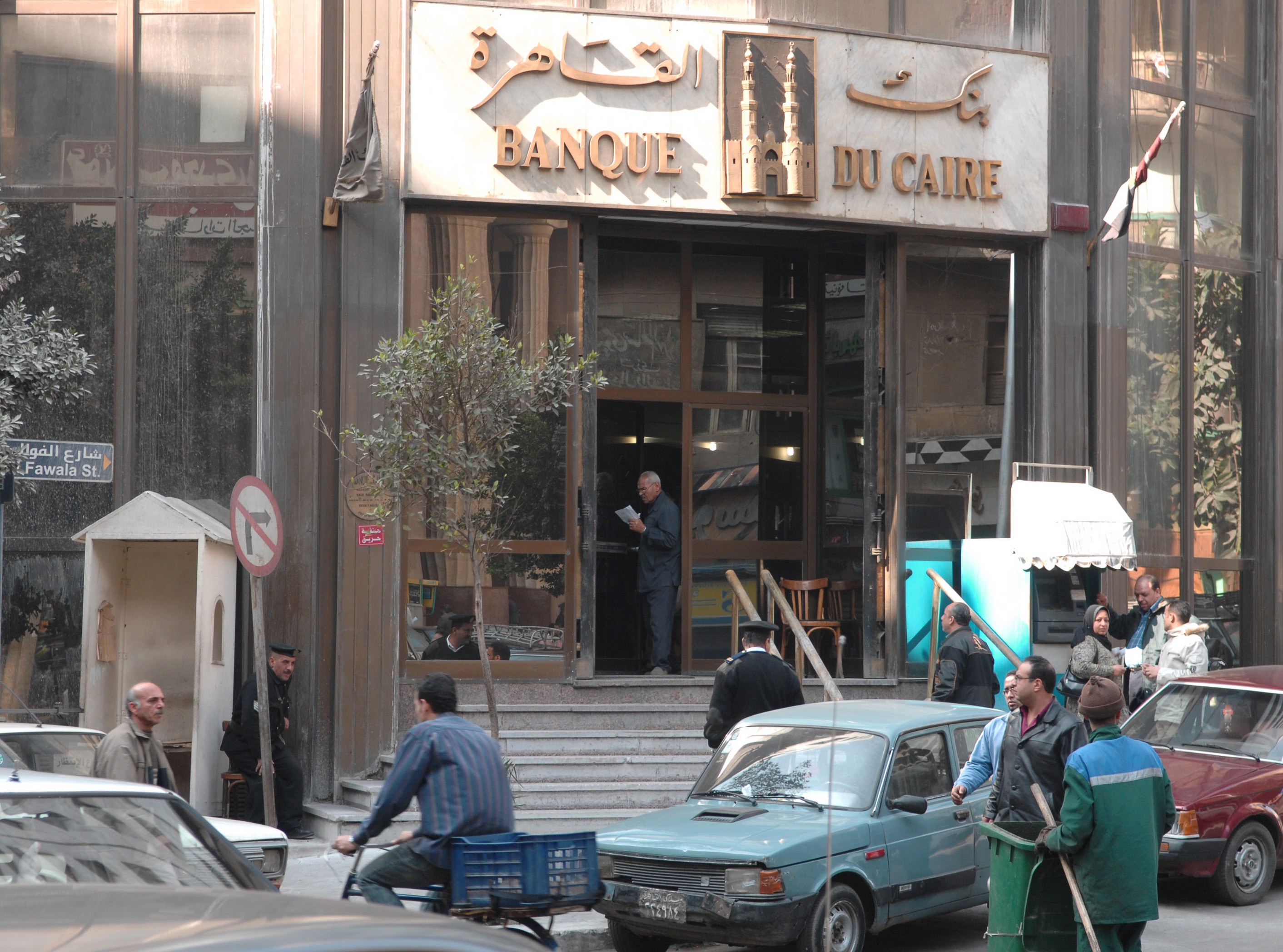Foreign investors working in Egypt will be once again able to repatriate both profits and capital in the coming period, and free movement of investments in or out of the country will be restored, the Middle East News Agency (MENA) reported according to the Central Bank of Egypt governor Tarek Amer.
Following the 25 January Revolution, Egypt’s foreign exchange reserves have been constantly drained at unsustainable rates in order to prevent currency devaluation. In 2010, Egypt registered its highest level of foreign reserves in decades at $35bn. By October 2016, foreign reserves had dropped to $19bn. By December 2016, after the flotation of the Egyptian pound, foreign reserves grew to $24.265bn.
Egypt sought the loan agreement with the International Monetary Fund (IMF) in order to boost the credibility of the government’s economic reform programme, not only to secure funding. According to the CBE governor during a conference hosted by EFG-Hermes, the banking system was able to secure inflows of $7.5-8bn since the flotation.
Egypt was able to reach an agreement with the IMF to secure a $12bn loan—the largest ever granted to a Middle Eastern country—in an effort to restore Egypt’s macroeconomic stability and competitiveness, following years of political unrest and security concerns which greatly reduced foreign direct investments and tourism inflows.
On the other hand, the World Bank in their latest “Global Economic Prospects” report criticised the CBE’s reliance on banks to finance growing government budget deficits and the foreign currency shortage which negatively affected and restrained business and household borrowing.




